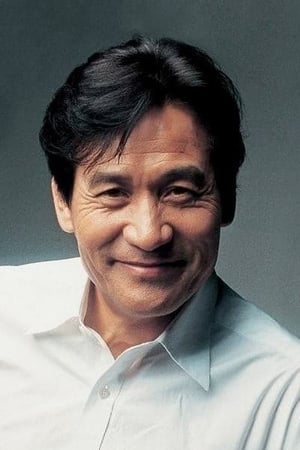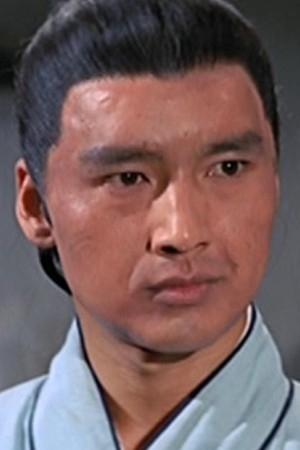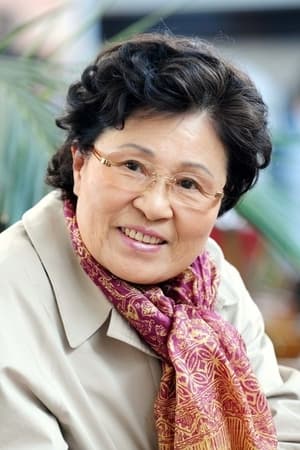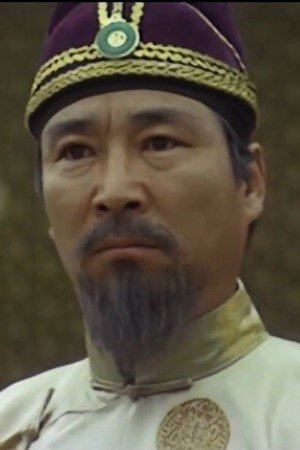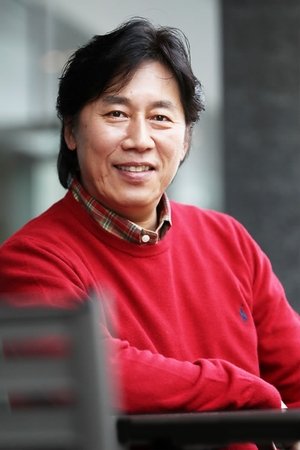
Aqueronte72
9
|
may. 23, 2025
This Korean work is a gem as a laboratory of repressed sexual urges and social self-control to the point of pretence and the daily breath of hypocrisy instead of oxygen. It is worth remembering that around 1930, Freud was investigating ‘happiness’, and in chapter III of his essay Das Unbehagen in der Kultur, ‘Civilisation and its Discontents’ he observes ‘the three sources from which our suffering springs: the supremacy of nature, the transience of our own bodies, and the inadequacy of the norms regulating the relations of men to one another in the family, the State, and society… […] much of the blame for our misery lies with our so-called culture: we would be much happier if we renounced it and returned to a primitive state.’ (Chapter III, p. 23.)
Rural teacher Soo-ok arrives in a mountain village and immediately, as soon as she gets off the bus, she is met by the piercing gaze of a vagrant from the village, a man named Kae-choi. Her adaptation to her new environment will be slow, but in fact it will never be complete after a year of living there because, little by little, she becomes aware of the strange mechanisms of blackmail and ritualised sublimation of its inhabitants. Apparently crazy and impotent, he is treated by the inhabitants worse than an animal – without respect – ‘Get out of here! I don’t want to see you around here, etc.’
But suspiciously, the women feed him in secret. Sooner or later, it is discovered that Kae-choi is the one who has furtive sexual relations with them, which are, incidentally, spontaneous, that is, without plans or communication with them. The first suspicion will be held not only by the teacher after her classes with the 7- or 8-year-old children in an environment devoid of cultural offerings, unless watching the grass grow counts as entertainment. To make matters worse, Soo-ok’s fiancé writes to her to inform her that he has been granted five days’ leave to visit her in the village.
The scene at the train station is exhausting because the fiancé never arrives and the situation begins to weigh disproportionately on the teacher, especially when she hears the neighbours fornicating in the house where she is staying. As I mentioned above, Freud points out that culture demands the renunciation of primary instincts (sexual and aggressive) in order to maintain social order. In the film, this conflict manifests itself in the hypocrisy of the village, as women publicly repress their sexuality but project it in clandestine relationships with Kae-choi, the social outcast. The men, although aware of these infidelities, tolerate them in order to preserve the appearance of moral purity, thus avoiding confronting their own symbolic impotence and even their own infidelities with other women outside the village. The teacher is filled with rage when she receives a letter from her fiancé, apologising for having had a few drinks with his friends and promising to come next time. This event, together with what she has already observed, sets the stage for the long scene in which the tramp physically assaults her and locks her in the mill barn; after fighting for at least five minutes without interruption, he ends up raping her without mercy. It is noteworthy not only that she does not report the beggar, but that she herself becomes an accomplice of the vagrant as the village scapegoat, as confirmed by her monologue expressing her feelings of guilt. Compare chapters VI and VII. According to Freud, culture channels human aggression into mechanisms of collective guilt. Kae-choi functions as a kind of projection object that absorbs the repressed desires of the community, although sometimes this sexual or micro-social purge of the village fails, as when Hwa-cheo beats up the beggar for messing with his wife and breaking the rules. Another case would be the burning of the grasslands.
Freud argues that civilisation generates inherent frustration by prioritising the common good over the individual. This is reflected in the teacher Soo-ok, a symbol of urban modernity, who clashes with the dual morality of the village (public virtue vs. private debauchery). Finally, the teacher agrees with her fiancé to get married and return to the city, so that after they meet again and pass by Kae-cho the vagrant, neither of them flinches and thus, the teacher has entered into the artificial dynamics of the village mechanism with the subsequent pretence of the place, confirmed by the cyclical ending, where the arrival of a new teacher suggests that the repressive system persists despite its exposure, highlighting the cultural inability to resolve its contradictions.


